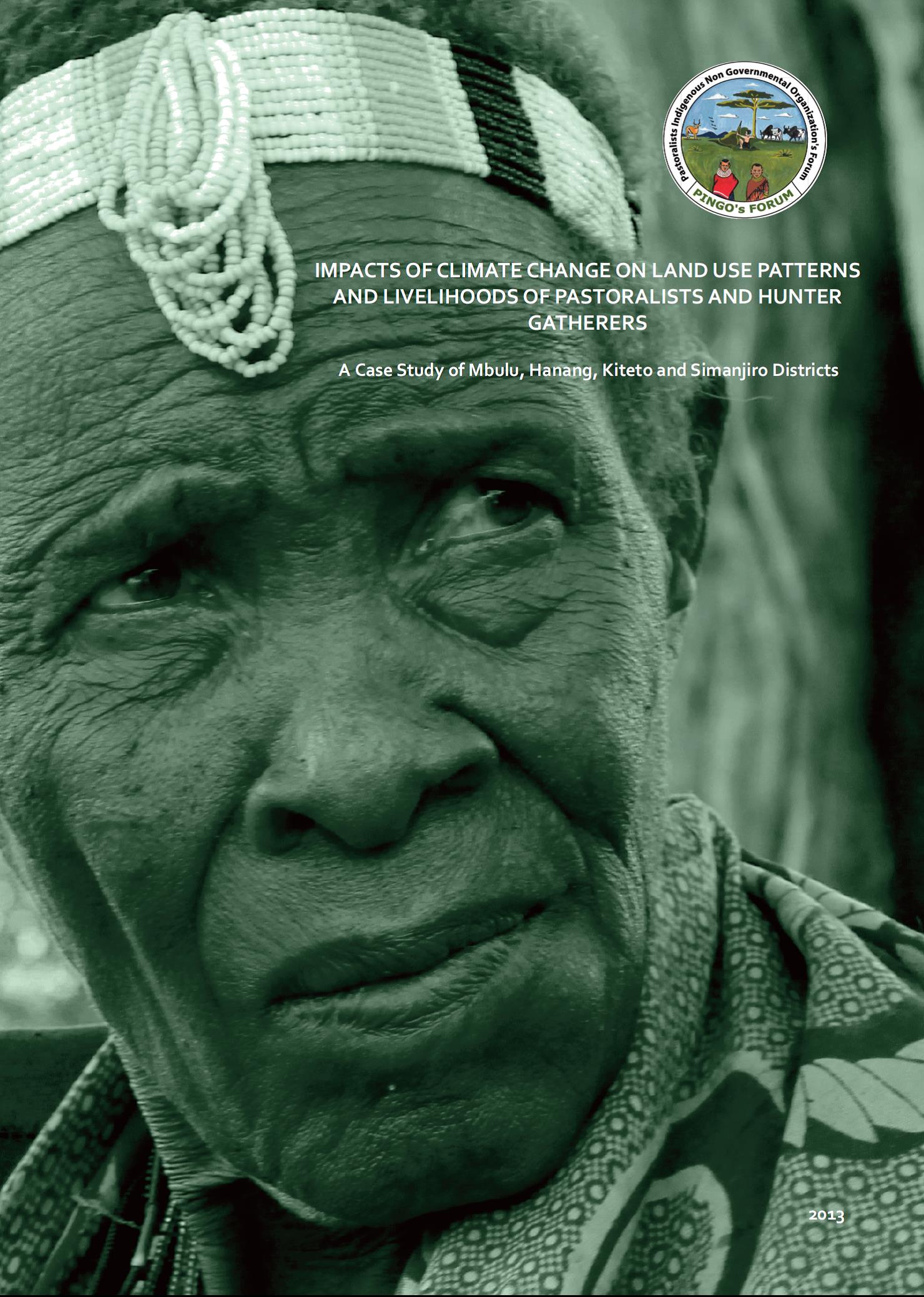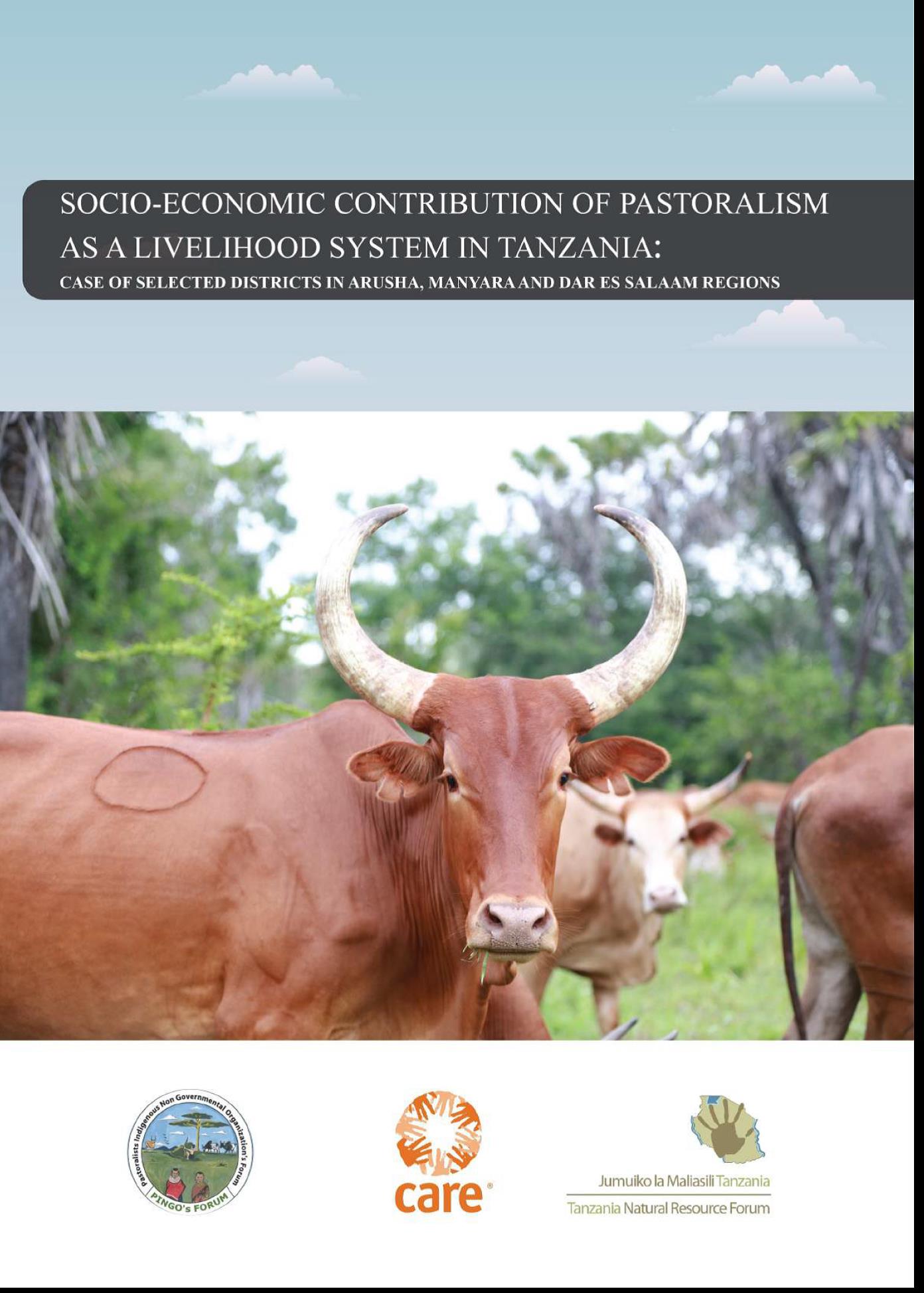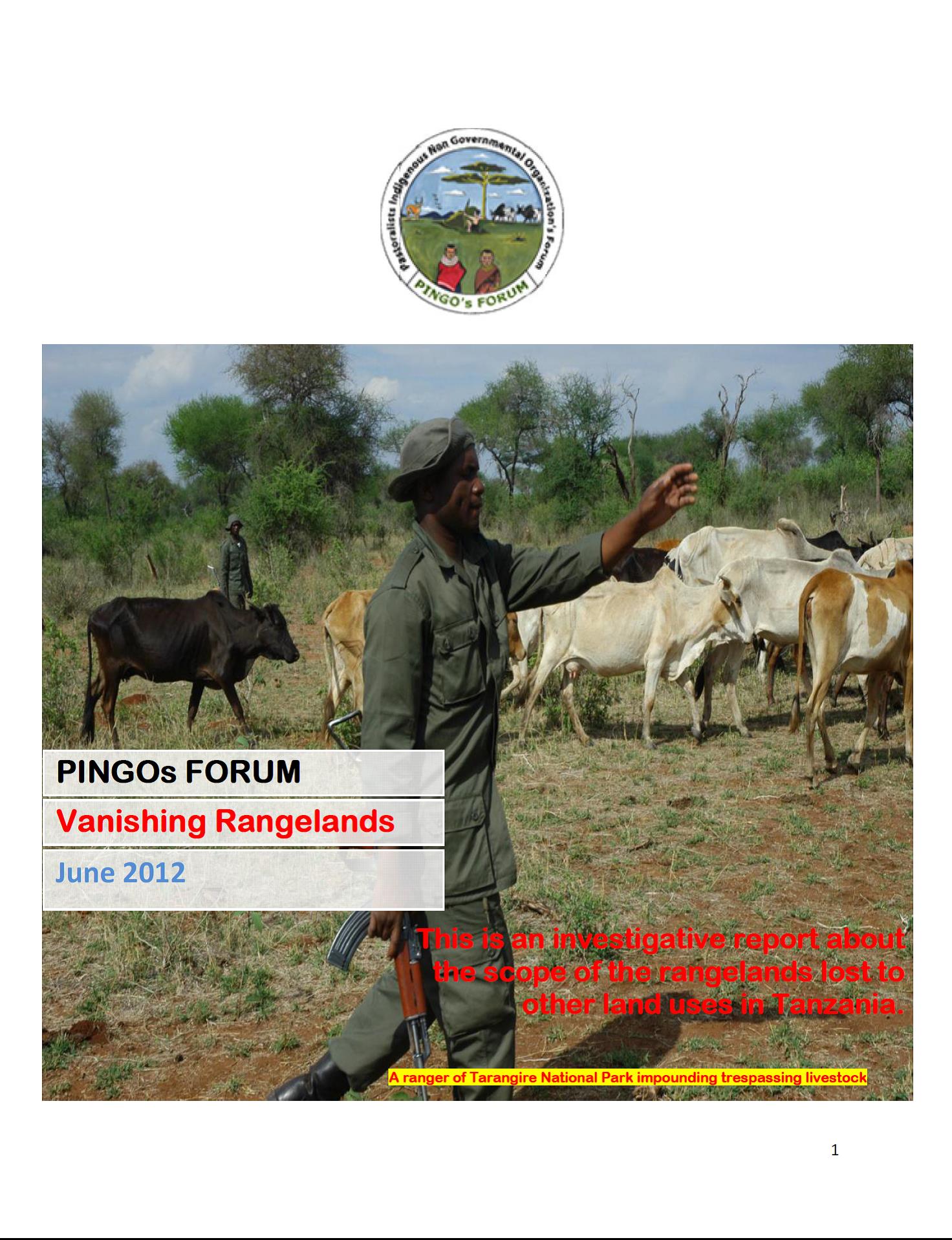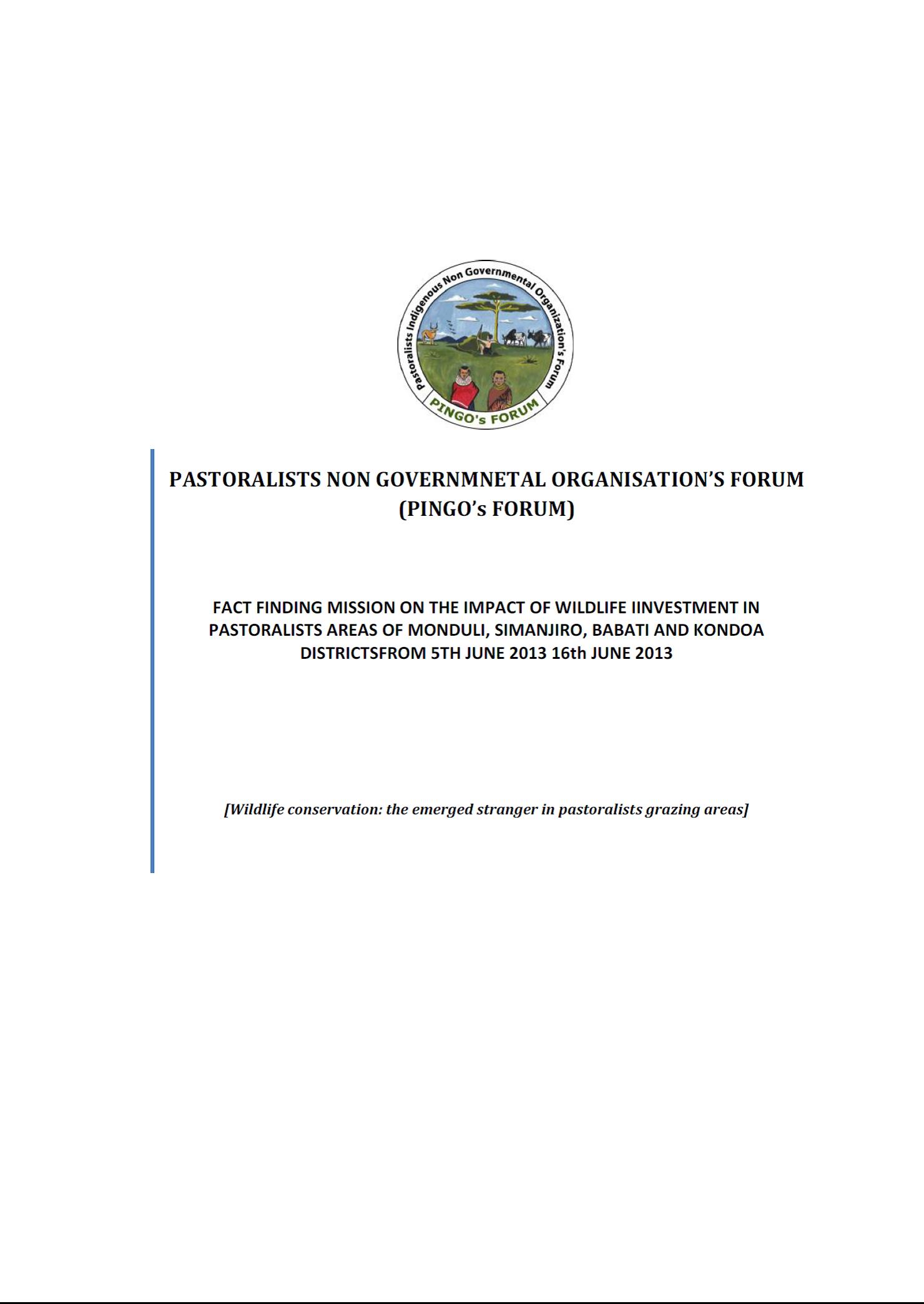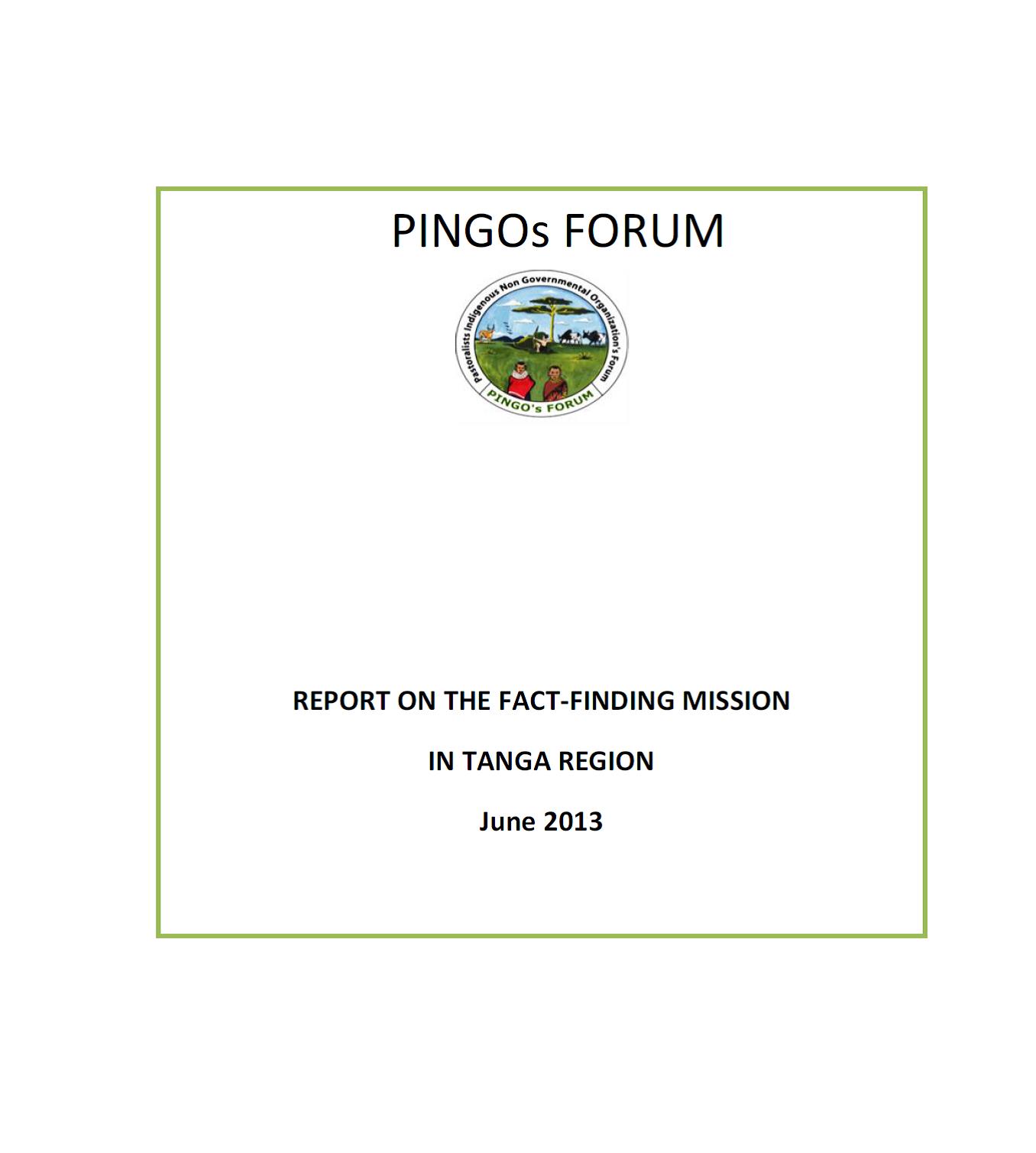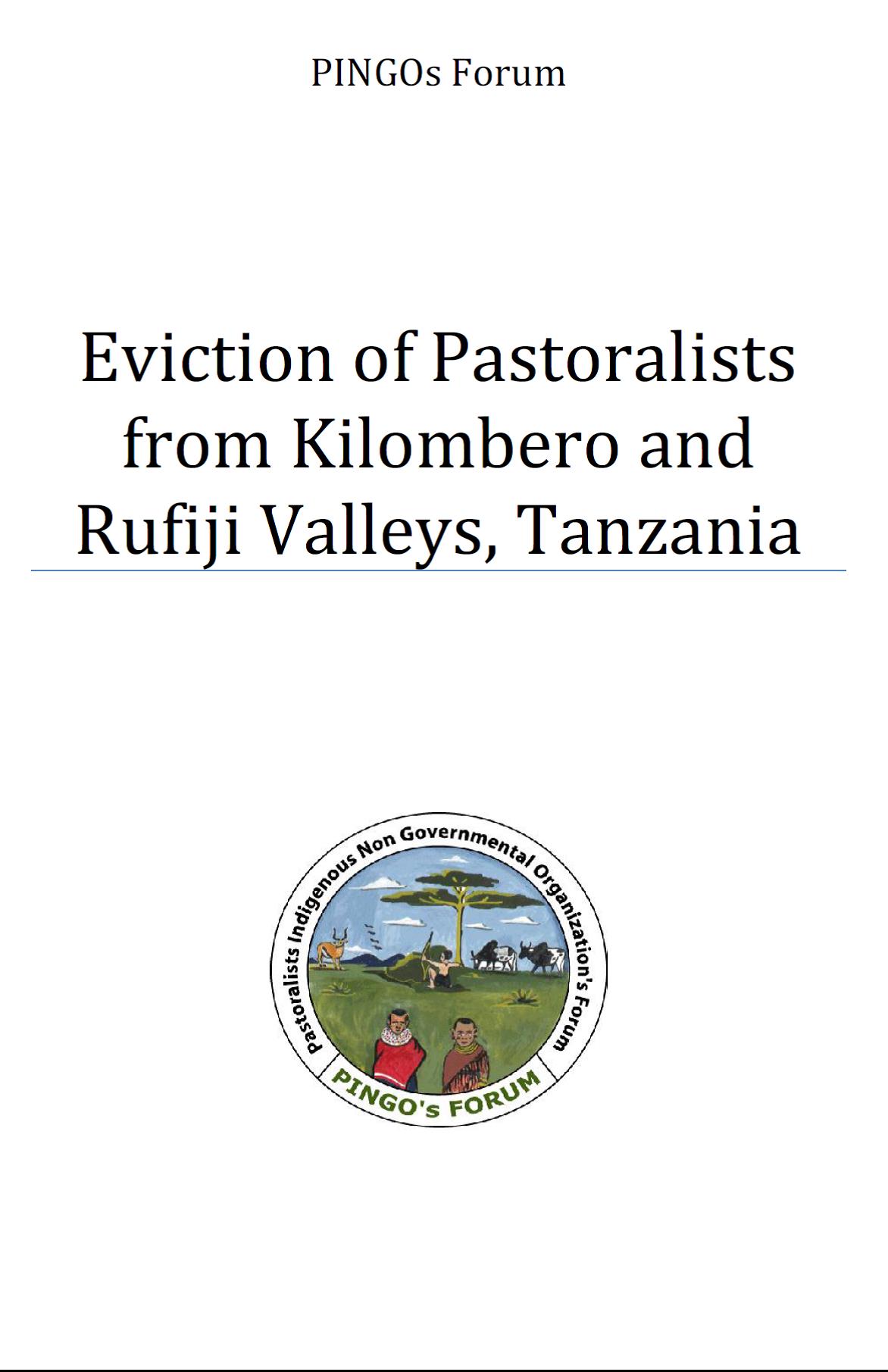Tierra y género. Dilemas y obstáculos en los procesos de negociación de la política de tierras en Colombia
¿Por qué si en las últimas tres décadas hay un progreso significativo en la incorporación de las medidas de género en la planificación del desarrollo rural en Colombia, las mujeres rurales siguen constituyéndose en una población marginal en el diseño e implementación de políticas públicas para el sector rural? Las causas son muchas, y entre estas deben destacarse las de tipo cultural. Precisamente sobre este aspecto enfatizan los contenidos desarrollados en 'Tierra y género: Dilemas y obstáculos en los procesos de negociación de la política de tierras en Colombia'.



